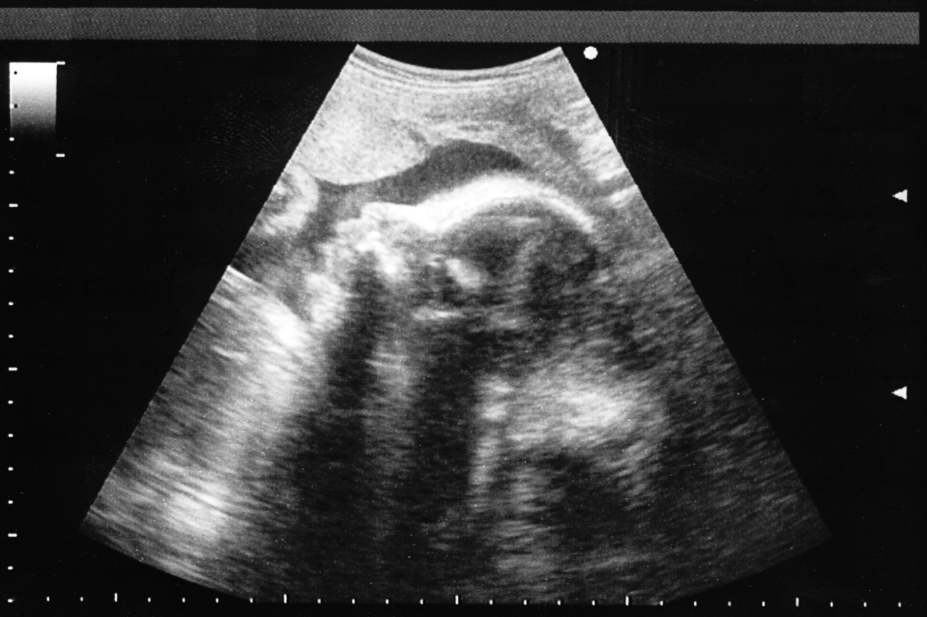
Shutterstock
Despite its high prevalence, relatively little is known about the mechanisms of depressive disease.
In a study published in Molecular Psychiatry
[1]
(online, 29 November 2016), Swedish researchers looked at the effects of an enzyme called CYP2C19, which is expressed during fetal development.
Overexpression has previously been linked to decreased hippocampal volume in mice, as well as stress-sensitivity and anxiety.
In a cohort of 3,849 African Americans, the team found that people whose genotype meant they would not have expressed the enzyme in the womb had a lower prevalence and severity of major depressive disorder than those who did express the enzyme.
In two separate cohorts of 386 and 1,032 healthy individuals, those with no enzyme expression had significantly greater hippocampal volume.
The researchers conclude that their findings show that hippocampal function and a propensity for depression are programmed in part during fetal development.
References
[1] MM Jukić, N Opel, J Ström et al. Elevated CYP2C19 expression is associated with depressive symptoms and hippocampal homeostasis impairment. Molecular Psychiatry 2016; doi: 10.1038/mp.2016.204


